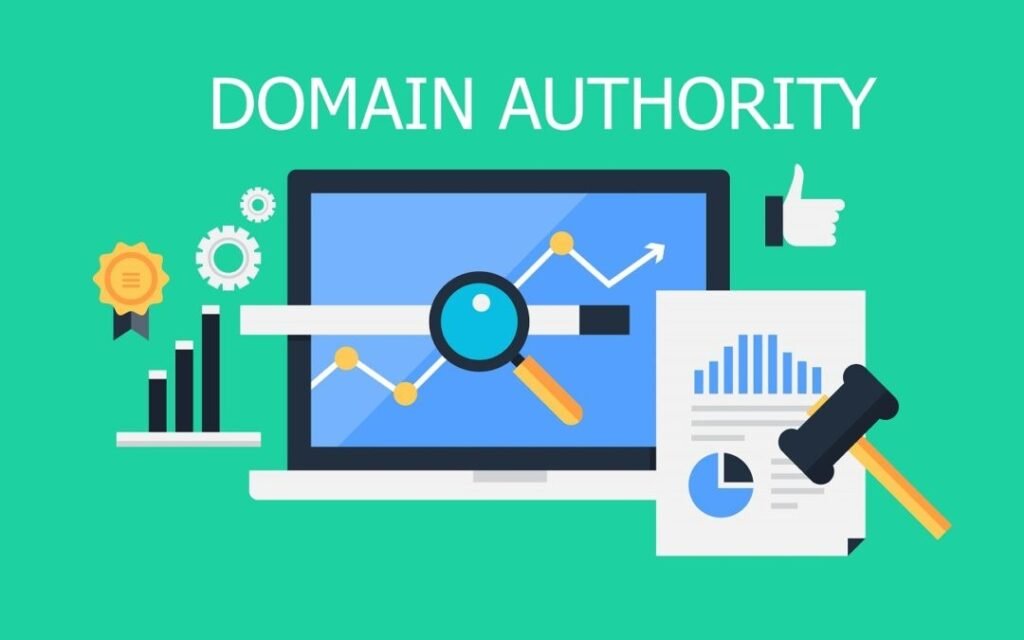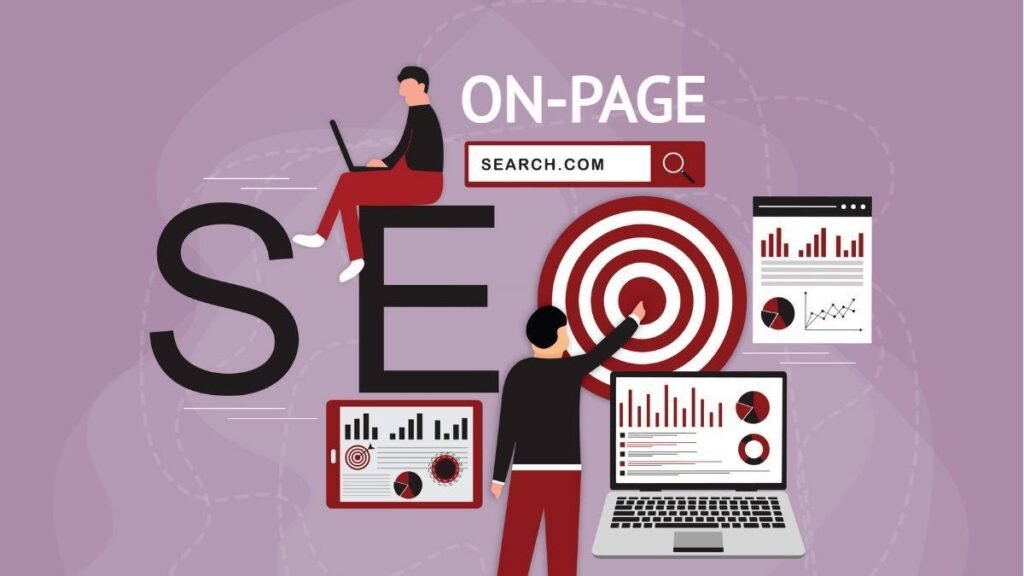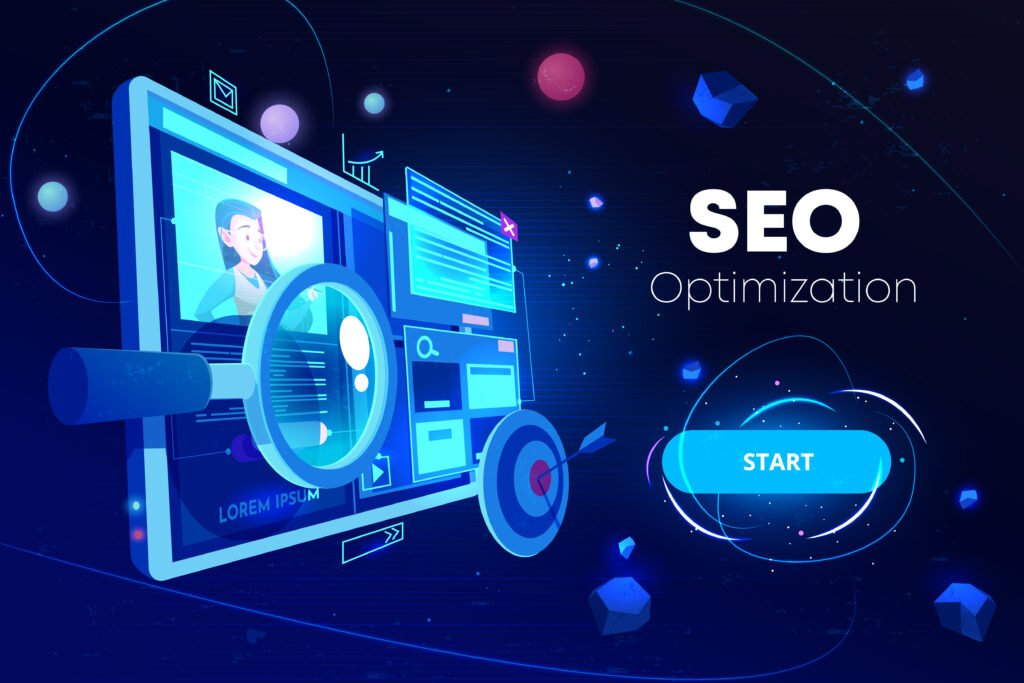LLM SEO: Optimize for AI Search, Semantic & Zero-Click Winning

Introduction
The SEO is changing fast. In 2025 LLM SEO, or large language model SEO (think GPT, Google Gemini, etc.) will be a big part of digital marketing. These AI/ML systems and models don’t just depend on keywords to rank pages. It take meaning, context, and user intent into account as well.
Plus, LLM SEO is encased by new AI search features like Google’s SGE, which provides the user with quick, conversational-type answers. This means brands need to build content that is clear, useful, and semantically based content that fits into the answers produced by AI.
In LLM SEO, businesses need to establish topical authority and provide complete answers to all possible questions related to the topic.Plus, you’ll want to optimize the content for easy AI recognition and recommendation. This new form of SEO will increase the visibility, relevance, and competitiveness your website has as AI search moves.
How Large Language Models Are Changing SEO
Large Language Models (LLMs) are significantly influencing the evolution of SEO. Rather than focusing only on exact strings of keywords, LLMs are focused on user intent, meaning, and context. They understand the links between ideas and distill clear, coherent answers, which are better aligned with user needs than traditional search. Consequently, lead generation seems to be getting more competitive
with more direct answers in search results, and become more zero-click searches – the user is able to complete their goal without visiting a website.
We can see this overt shift in tools such as Google SGE which uses LLMs to create short, AI-generated and conversational answers right within the search page. Businesses will have to optimize for semantic search, entity-based content, and context-heavy topics to be present.
Brands that adapt to and optimize for LLM SEO will gain insight about smarter keyword targeting, establishing topical authority, and better user engagement in the 2025 AI SEO ecosystem.
LLM SEO vs. Traditional SEO: Key Differences
| Aspect | Traditional SEO | LLM SEO | What You Should Do |
| Focus | Rankings, keyword density and backlinks | Understanding the Intent, Context & Meaning behind Search Terms | Your focus should be changing from keywords to user intent and topic depth |
| Content Strategy | Static posts and occasional updates | Dynamic content that changes based on current trends | Regularly update your content with AI insights |
| Keyword Usage | Exact match keywords used in Title, URL and Content | Natural language, entities and semantic clusters | Use conversational keywords and build topical authority through linking |
| Authority | Count of Backlinks and Quality of Backlinks | Trustworthiness of Entities and Brand Signals and Digital Footprint | Build your E-E-A-T and improve your Brand Presence. |
| SEO Risk | Rankings are impacted by Algorithm changes | Rankings of Search engines change due to AI-driven context shifts | Monitor AI Search Trends and respond quickly |
| Technical SEO | Speed, Meta Data, Sitemaps and Backlinks | More importance placed on Schema and Structured Data | Implement Advanced Schema and improve your Structured Data |
| Content Creation | Research is done manually and written by Humans. | Using AI to assist with writing and having humans edit the written content | Use AI to write your draft but refine it with Human Expertise |
| Visibility Goal | Ranking on a SERP | Being found in AI Results and Zero Clicks | Optimize for Snippets, Zero Clicks and Conversational Searches |
Targeting LLM SEO Platforms: ChatGPT, Gemini, Perplexity, and More
Large language models (LLMs) are changing the way we search online. Rather than directing users to a webpage, sites like ChatGPT, Google Gemini, and Perplexity provide a direct AI response for the user.
As a result, your online content needs to be consumed or understood by AI in order to rank on LLM platforms. To do this successfully, you need to move beyond traditional Google SEO strategies and begin thinking about how LLMs interpret context, language, and intent when searching for relevant information online.
To optimize an article for LLM SEO:
- Write as if you were conversing with a friend (i.e., use natural, conversational writing style).
- Include structured data/schema: Structured data/schema allows LLMs to recognize what your content means (i.e., refers to), its physical structure/layout, and the importance/weight of what you have written.
- Establish Contextual Authority: Developing “content clusters” covering all subtopics related to your main topic develops your authority in the eyes of LLMs.
- Use Trusted Sources/Citations: Users of LLMs may see sources/citations as a factor in determining the credibility/validity of content presented by LLMs.
- Optimize for Zero-Click Answers: Providing concise answers that occupy the space on LLM feeds facilitates the LLMs access to your material.
When attempting to rank on LLMs such as ChatGPT and Gemini, focus your writing on:
- Comprehensive and Informative Articles (Semantic Depth)
- Conversational Tone and Use of Long-Tail Keywords
- Creating Accurate, Timely, and Expert-Level Content.
Best Practices for Success in LLM SEO
In 2025, when optimizing for SEO in LLMs (Large Language Models), it is essential to provide clear, natural, and practical information that meets the actual needs of users, rather than simply targeting keywords. It is also important to write in a style that is relevant and resonate with users. This will allow for successful content created with ease by the AI system.
-
Write Conversational, Contextualized Content
Write the way people speak—LLMs rank your content based on the semantic meaning and intent behind what you have written, rather than solely on keyword matches. Ensure your content contains complete, clear, accurate responses to the user’s question.
-
Add FAQ and Answer Clusters
Have a Separate FAQ section that provides relevant questions related to your content. This will provide context to the AI output engines with respect to the content of your page, and it will therefore increase the likelihood of being included in zero-click and/or AI-generated result.
-
Use Natural & Semantic Keywords
What is natural about using keywords in SEO is the use of natural language and synonyms and phrases that represent how people speak in real life.
-
Include Original Research & Expertise
Offer original data and content, such what Expert Tips are all about. This will allow the AI and the LLMs to place a higher premium on your content, as they will view your content as legitimate and credible.
-
Monitor Your Brand in AI Outputs
Check on a regular basis the output that ChatGPT, Gemini, and other AI engines produce when presenting your material. This will enable you to create a consistent brand presence in the marketplace and produce highly effective content.
-
Keep Content Fresh & Updated
Enable you content to be timely-based. LLMs prefer recent & relevant information, and they prefer information that tracks with timeliness trends right now.
-
Use Schema & Structured Data
Add schema markup to your content which highlights structural data of your content (the most important points) & relationships between key points. Schema markup will increase your chances for more visibility in AI answer engines.
-
Optimize for “Search Everywhere”
Prepare your content for, voice search, chatbots, zero-click generate answers, & AI chat interfaces. We live in a world where users search on more than Google, naturally.
Measuring LLM SEO Results and Mitigating Risks
The success of LLM SEO calls for an alternative way to assess the results as opposed to simply analyzing SEO rankings and clicks you must monitor how often AI tools are using and/or referencing your content (citations in AI answers, brand mentions, share of voice in AI-generated responses, etc.). When you analyze this level of detail, you’ll be able to demonstrate the actual visibility of your content in a zero click world, where users receive answers directly from AI and don’t even visit websites anymore.
Because of certain risks—ranging from misinformation, the tool incorrectly interpreting your content, or (possibly) “LLM SEO attacks”—it is going to be critical to not only monitor the content relevant to your brand closely and frequently, but to audit how all three tools, at least until new tools arrive, are showcasing your brand performance. In your audits, make sure that content information is correct, clear in its purpose, and consistent across the tools. Strong content and verified quality will help keep your brand safe and will establish trust with the AI tools.
Key Steps to Measure and Mitigate Risks:
- Monitor LLM platforms to know how often they reference your content.
- Sort out the breakdowns of brand mentions in LLM SEO or share of voice as an indicator.
- Measure the brand consistency and accuracy by checking AI Outputs.
- Use third-party or additional tools see measure AI visibility and relevance.
- Implement a solid content reviewing process to avoid misinformation from AI tools.
- Consistently refresh your information to remain and trustworthy in the relevant sphere.
With these steps, you will have a clearer measuring of performance in LLM SEO and protecting your brand in a changing AI-based search strategy model.
Conclusion
The evolution of traditional SEO to LLM SEO demonstrates the importance of writing AI-friendly content. Modern SEO demands a depth of semantic content, context that is easy to interpret, and writing that is natural and user-centered, rather than just delivering keyword based content. AI search engines like ChatGPT, Gemini, and Perplexity are all beginning to provide more conversational responses and AI-driven responses to limit the need for users to navigate the web. This means businesses need to accommodate accordingly.
In this new AI-driven search era, there is a significant difference in working with an expert. AGTC Digital Marketing Agency helps brands employ LLM SEO strategies, develop AI-friendly writing, and be competitive in a zero-click search environment. Contact AGTC today to prepare your SEO for 2025.
FAQ
What is LLM SEO, and why is it important?
LLM SEO is optimizing your content in a way AI tools like ChatGPT and Gemini can comprehend, refer to, and utilize. It is important because users are now receiving direct responses from AI without clicking through to a website.
How is LLM SEO different from traditional SEO?
Traditional SEO relied on keywords, backlinks, and rankings…. LLM SEO relies on user intent, semantic significance, and conversational writing that fits the AI-generated answer.
How can I optimize my content for AI-driven search results?
Use natural language, add FAQ’s, leverage schema markup (if applicable), include your own insights, and always keep your content fresh. Essentially, you make the reading, comprehension, and citation of your content accessible to AI.
How do I measure LLM SEO performance?
Follow how often AI references your content, or your brand, or includes you in zero-click responses. Assure that AI tools are representing your content accurately.
What risks should I watch out for in LLM SEO?
Risks range from misinformation, AI misunderstanding your content (style/content/context), or attempts to game AI. The best way to reduce risk is: regular auditing of both the AI tool and your content, fact-checking your data, and strong content verification.











